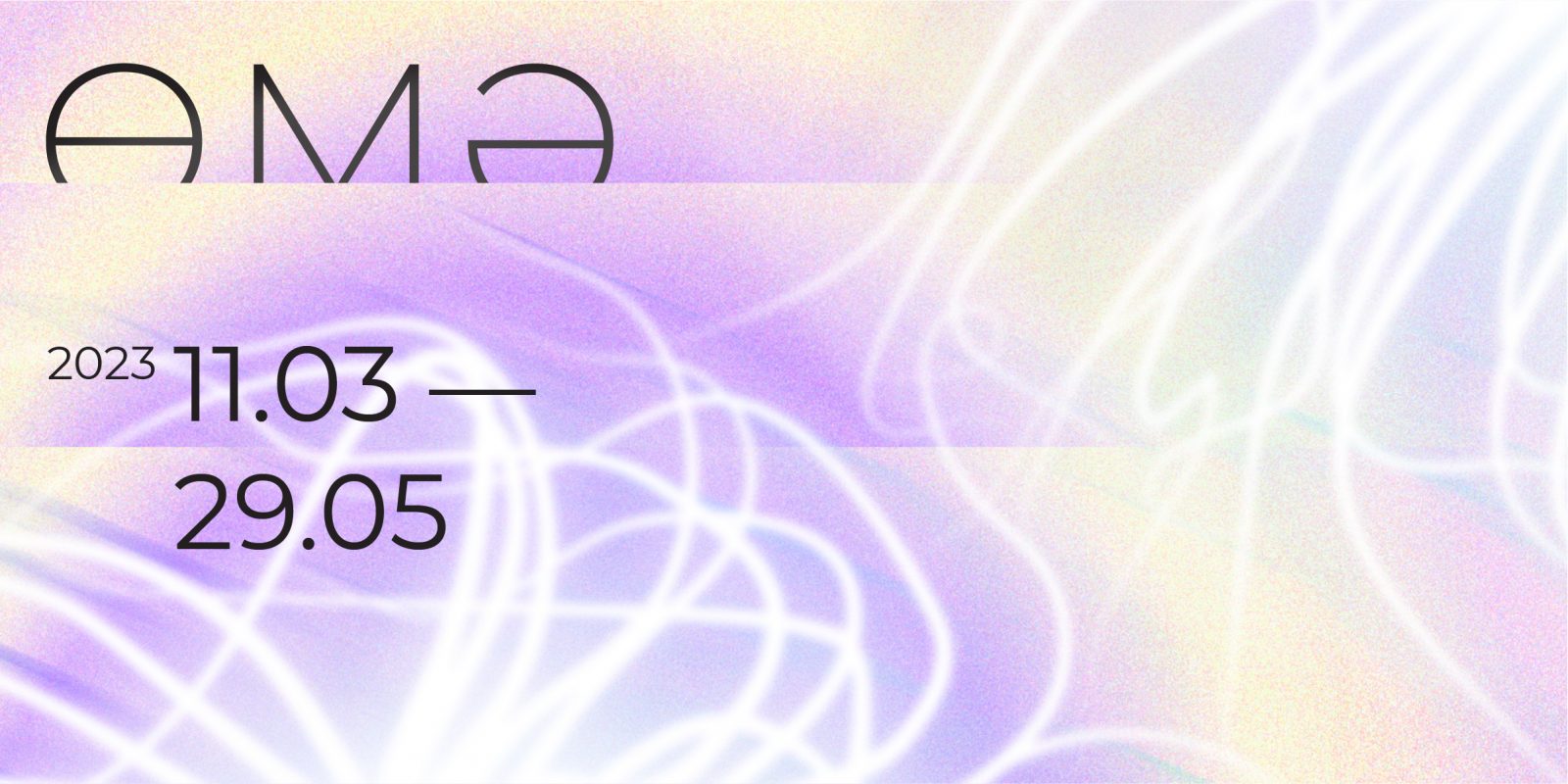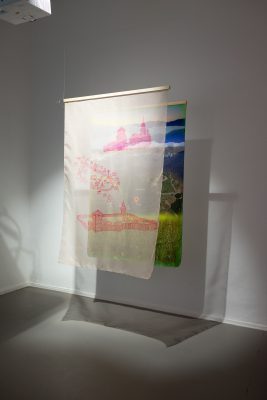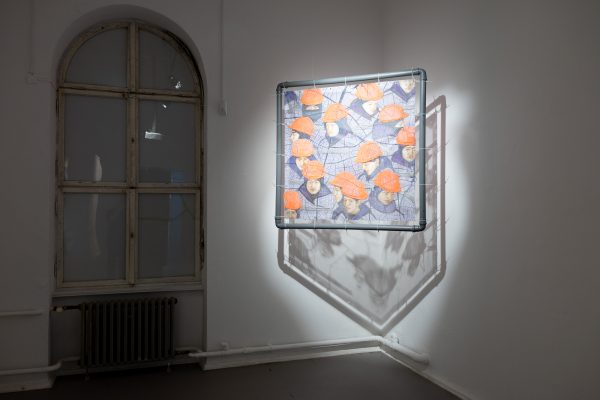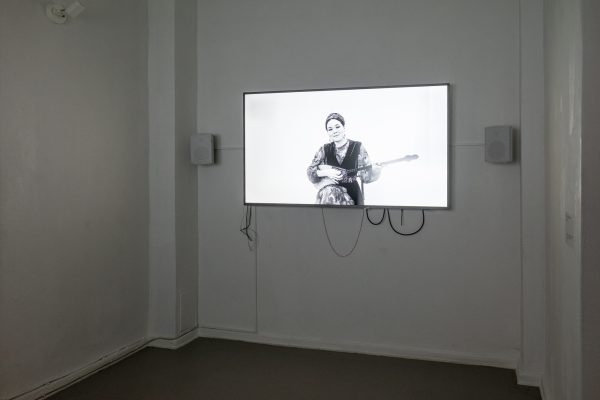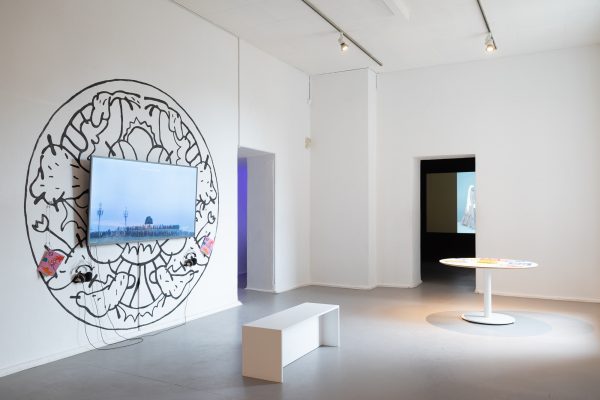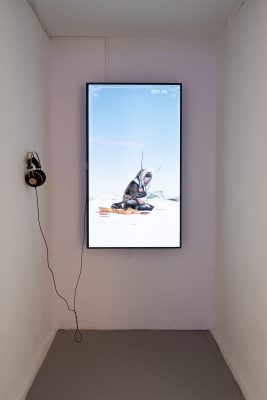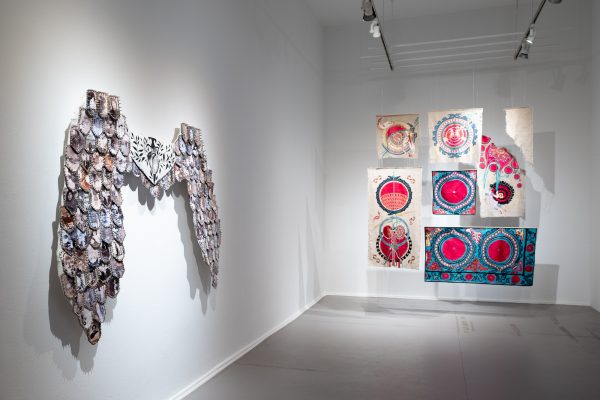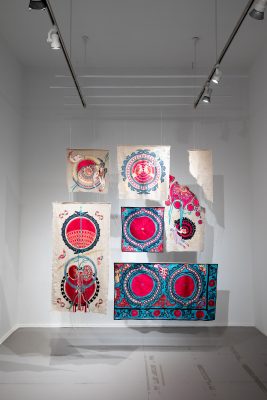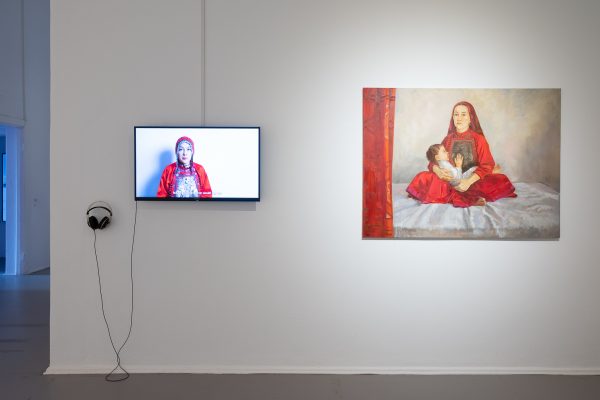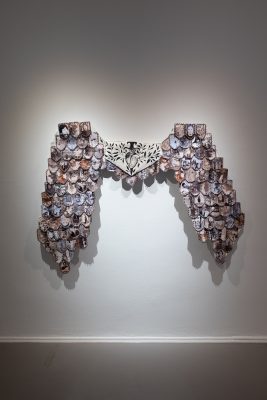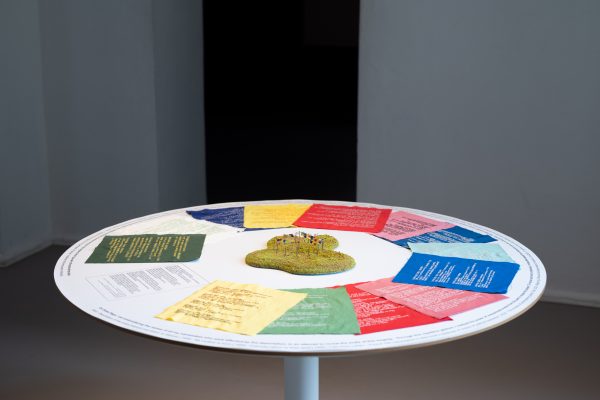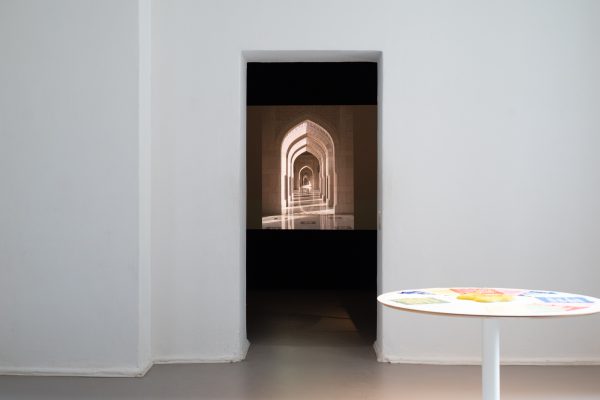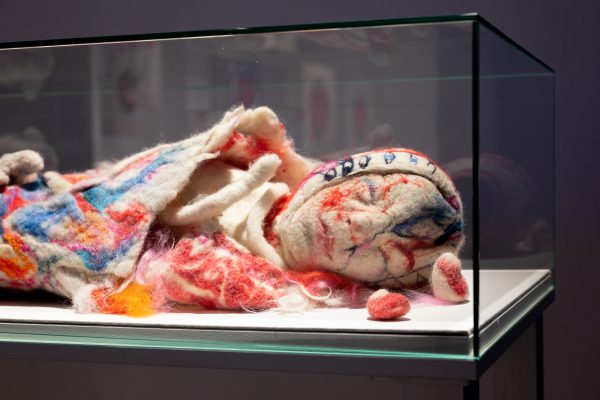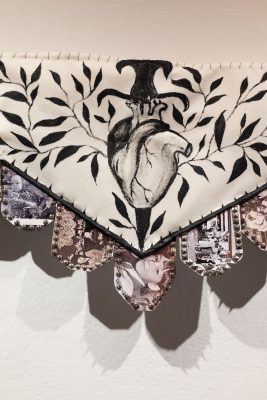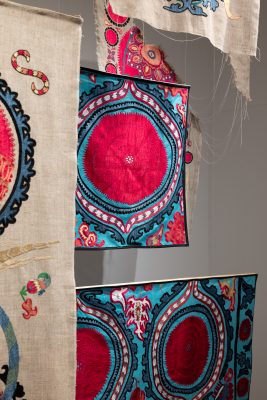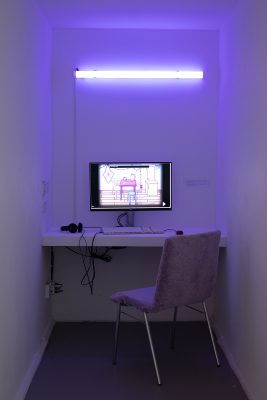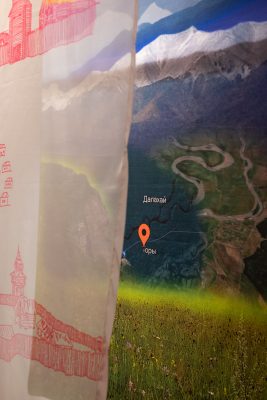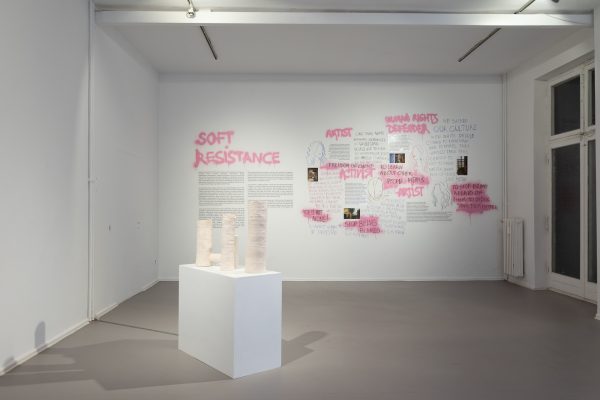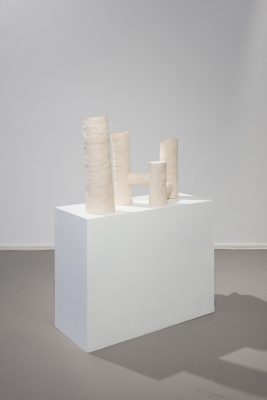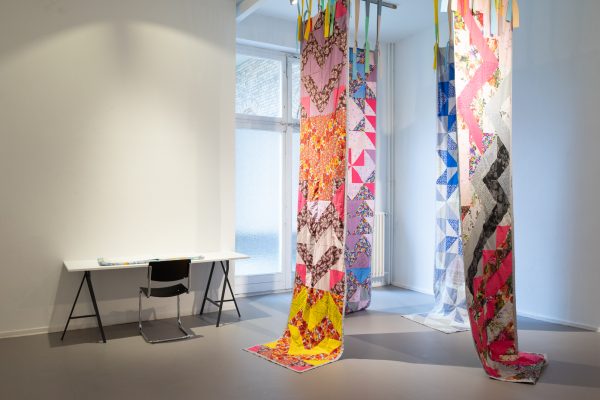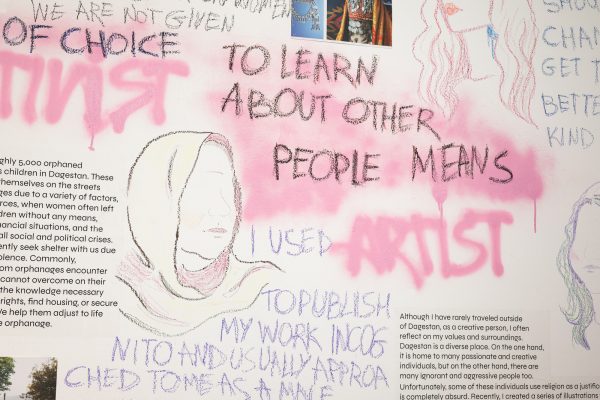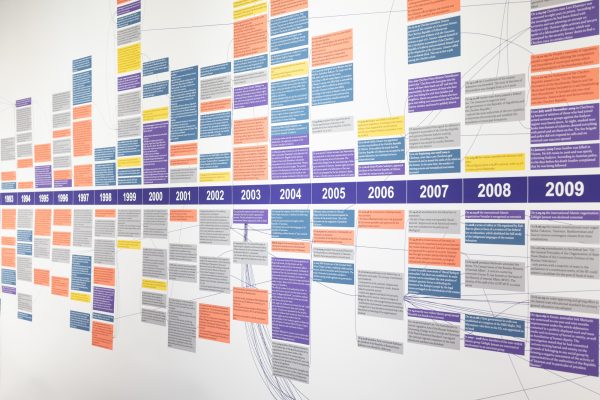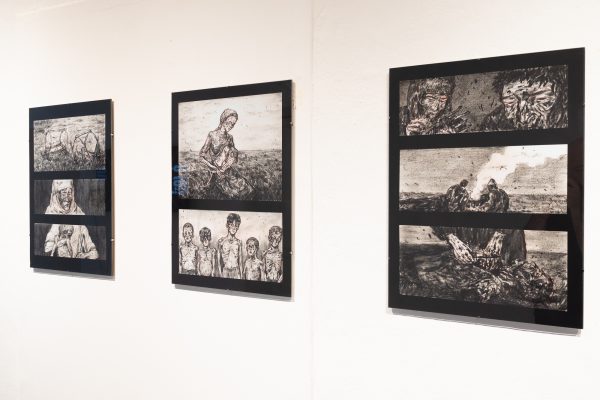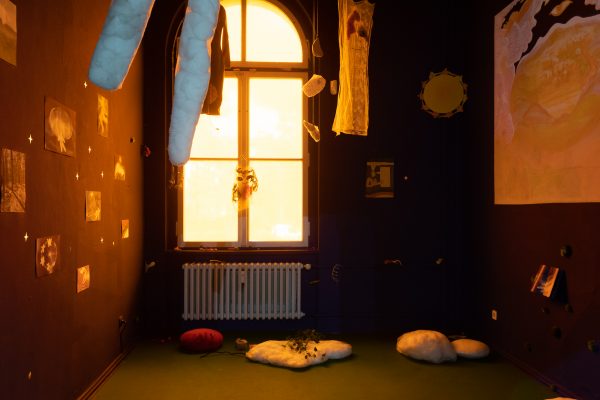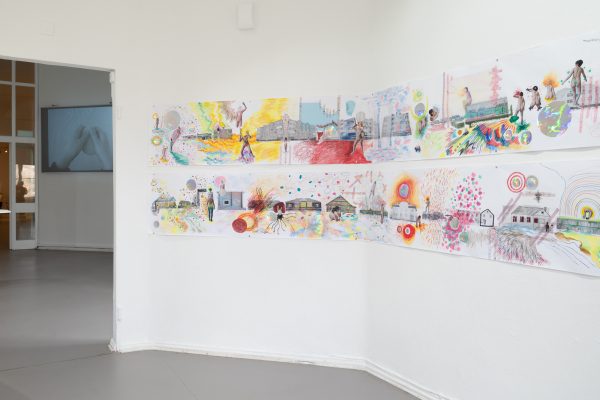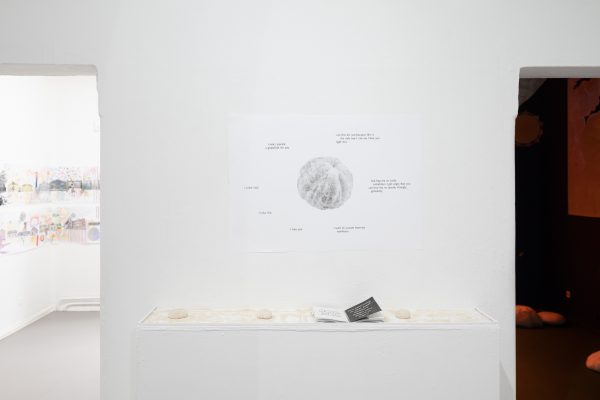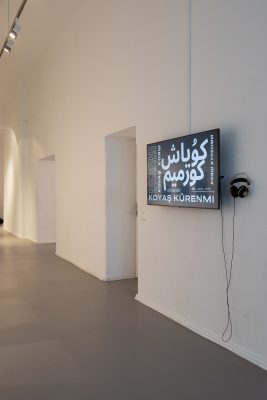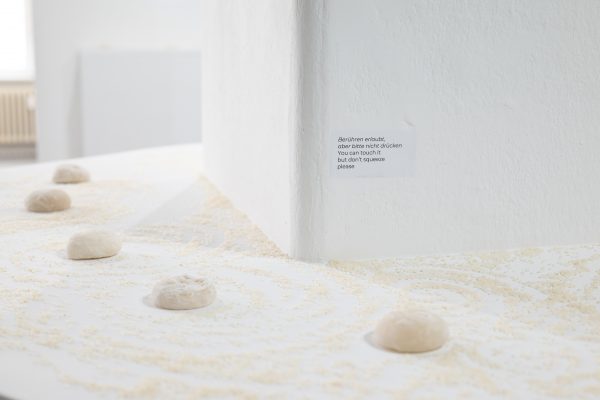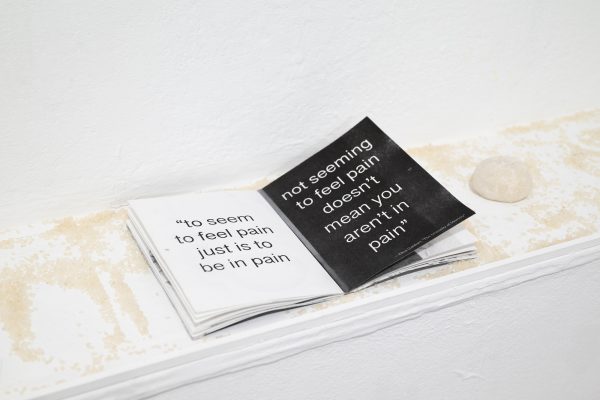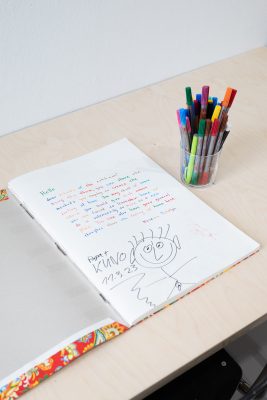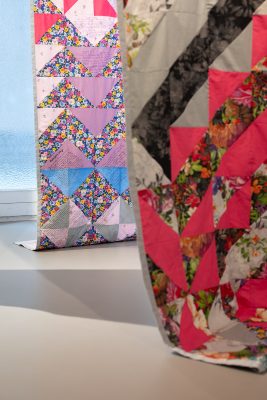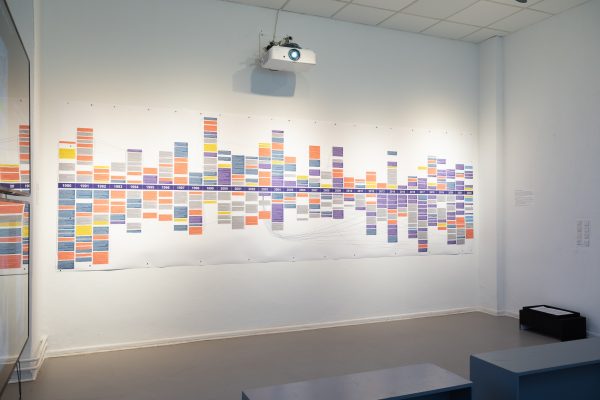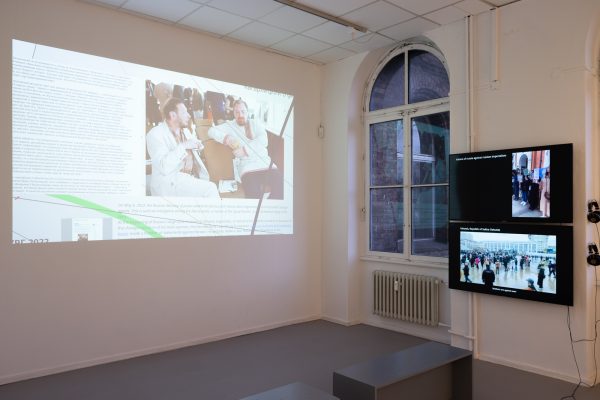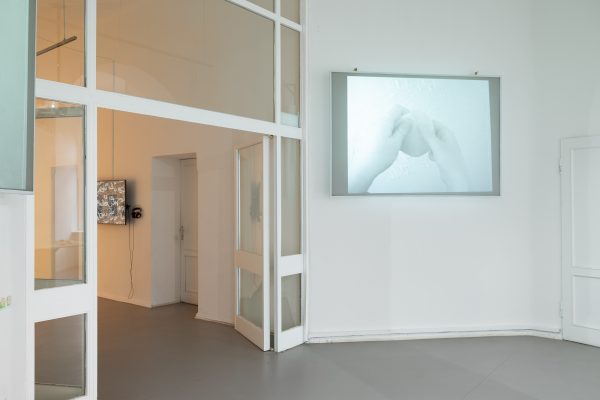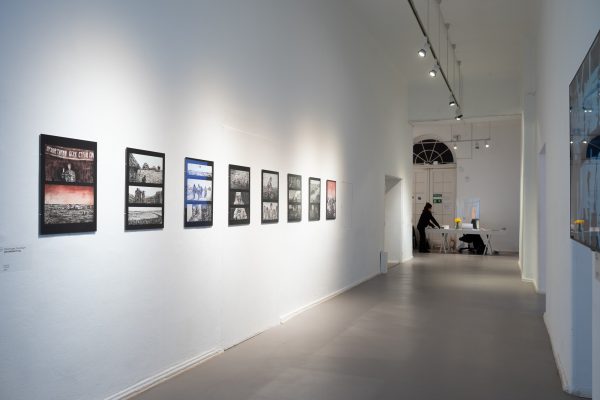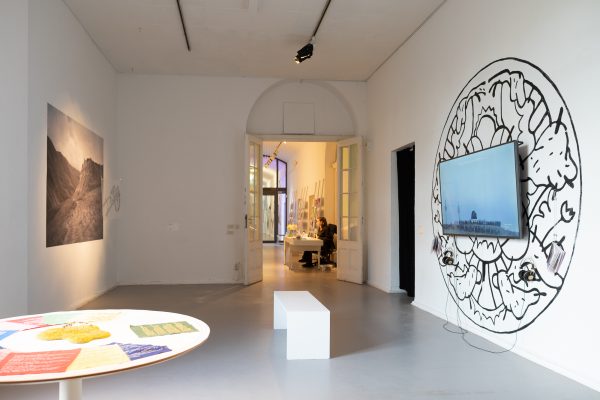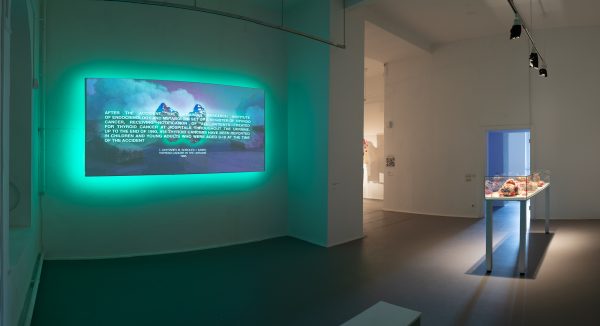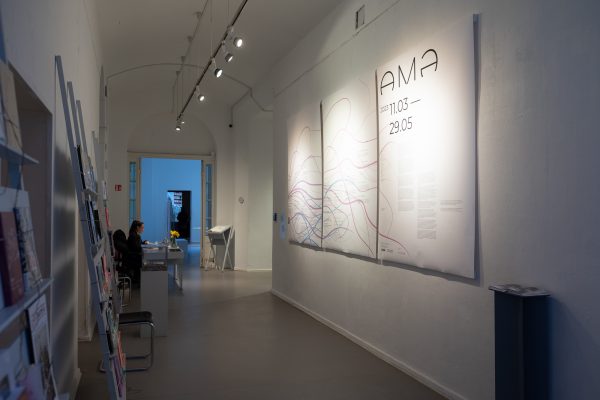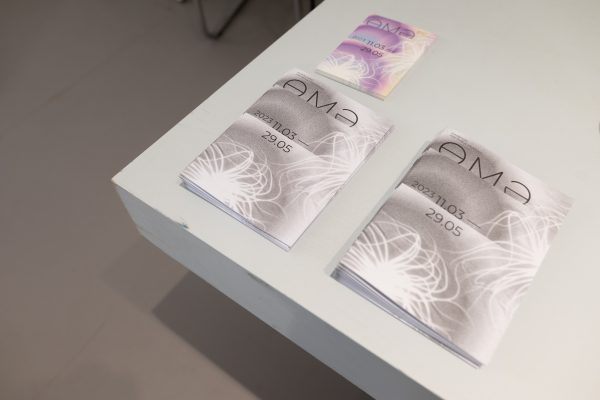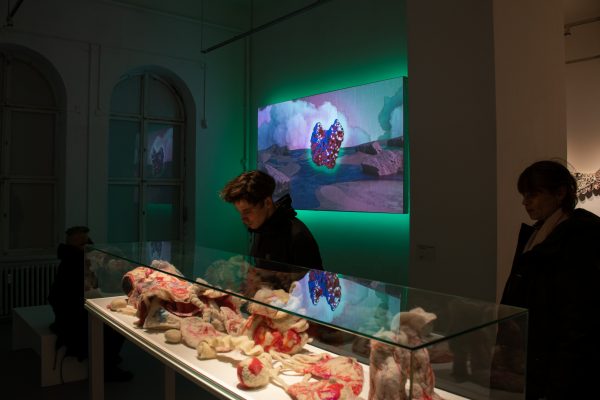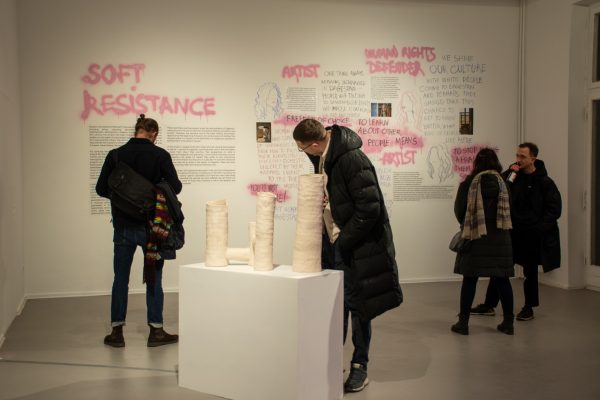Kunstraum Kreuzberg
Өмә [ome]; baschkirisch für „kollektive Selbsthilfepraktiken“
Credit: © Yulia Saatova
Ausstellung
11. März – 29. Mai 2023
Geschlossen am 01. Mai 2023 – Closed may 1st.
Eröffnung:
10. März 2023, 17 Uhr
Pressevorbesichtigung:
10. März 2023, 11 Uhr.
Teilnahme nur nach
vorheriger Anmeldung unter:
presse@ngbk.de.
Künstler_innen/ Artists:
Altan Khaluun Darkhan
appak
Ars Kerim
BaderNisa
Balapan
Gilyana Mandzhieva
Gul Altyn
Gul Zeile
Insaya
iskandaria kukchachak
Keto Gorgadze
klöna
Ksti Hu
Medina Bazarğali
Neseine Toholya
norma
Patimat Partu
Polina Osipova
Ptuška
Sanjin Jirgal
sn
Tegryash
Qalamqas
qodiriy
Victoria Sarangova
YumKai
ᠰᠶᠦᠷᠧᠠᠯᠢᠶᠠ
MU collective
Never Odd or Even
un|rest group
[Scroll down for English]
In russland** leben Menschen aus 185 verschiedenen ethnischen Gruppen. Trotzdem gilt das Land, gerade im Westen, nach wie vor als „weiß“. Obwohl ethnische Minderheiten in der Geschichte russlands gewaltsam unterdrückt wurden und von ethnischen Säuberungen bis hin zum Genozid betroffen waren, wird Kolonialismus nicht nur vom russischen Regime, sondern auch von großen Teilen der Opposition im Land häufig als westlicher Import gesehen. An die Stelle einer Aufarbeitung der russischen Kolonialgeschichte tritt die Erzählung russlands als antikolonialer und antiimperialistischer Macht, die seit dem Überfall russlands auf die Ukraine auch zentraler Bestandteil der Kriegspropaganda ist.
Die Ausstellung Өмә ([ome]; baschkirisch für „kollektive Selbsthilfepraktiken“) der neuen Gesellschaft für bildende Kunst (nGbK) im Kunstraum Kreuzberg/Bethanien macht deutlich, dass der aktuelle Krieg gegen die Ukraine wie auch die Annexion der Krim 2014 nicht isoliert von der Geschichte russlands betrachtet werden können, sondern die Fortsetzung einer historischen Kontinuität des russischen Imperialismus darstellen. Da es ethisch und politisch unangemessen wäre, Arbeiten von Künstler_innen aus russland und der Ukraine in derselben Ausstellung zu zeigen, wird es im Rahmen des Begleitprogramms Veranstaltungen geben, die dem ukrainischen antikolonialen Widerstand gewidmet sind, während die Ausstellung dem antikolonialen Widerstand innerhalb russlands mehr Platz einräumt.
Dazu versammelt die Ausstellung rund dreißig künstlerische Position von Indigenen sowie multiethnischer und migrantischer Künstler_innen die in russland leb(t)en. Sie zeichnen das Bild russlands als Kolonialmacht, die sich nur durch Vertreibung, Zwangsassimilierung, Christianisierung, Russifizierung und Extraktivismus innerhalb ihrer heutigen Grenzen konstituieren konnte.
Da das Bild eines weißen russlands nicht nur vom Regime, sondern auch von der – ebenfalls mehrheitlich weißen – russischen Opposition aufrechterhalten wird, konnten sich dekoloniale Bewegungen, die nach dem Zerfall der Sowjetunion entstanden, nie durchsetzen. Nicht zuletzt deshalb möchte Өмә antihegemonialen Theirstories Gehör verschaffen und mit Methoden der Autoethnografie sowie durch die Aktivierung von Archiven ein komplexeres Russlandbild schaffen. Damit positioniert sich die Ausstellung im historischen und politischen Kontext andauernder kolonialer Expansion und Gewalt.
nGbK-Arbeitsgruppe: FATA collective
** Mit dem Verzicht auf Großschreibung des Wortes russland drücken die Kurator_innen der Ausstellung ihre Solidarität mit den Menschen in der Ukraine aus.
Ein Projekt der nGbK in Kooperation mit dem Kunstraum Kreuzberg/Bethanien.
Die neue Gesellschaft für bildende Kunst (nGbK) wird gefördert durch die Senatsverwaltung für Kultur und Europa.
* * *
[English]
People from more than 185 ethnic groups live in russia.** Despite this fact, the country is still largely perceived as “white”, especially in the West. Even though ethnic minorities were and are oppressed and have been the targets of ethnic cleansing and even genocide, colonialism is often perceived as a Western import, not just by the regime, but also by large parts of the russian opposition. Rather than dealing with the country’s colonial history, a narrative of russia as an anti-colonial and anti-imperialist power is being upheld and has even gained momentum since russia’s invasion of Ukraine.
The exhibition Өмә ([ome]; Bashqort for “collective self-help practices”) demonstrates that the current war and the annexation of Crimea in 2014 are just the latest events in a historical continuity of russian imperialism. Since it’s ethically and politically inappropriate to include participants both from russia and Ukraine into one exhibition, there will be public events devoted to Ukrainian anticolonial resistance, while the exhibition makes room for anticolonial resistance within russia..
To this end, the exhibition shows approximately thirty artistic positions from members of indigenous communities and persons with migrant identities and experience of living in russia. They reveal russia as a colonial power that could only constitute itself within its current borders by deportation, forced assimilation, Christianization, russification and extractivism. At the same time, the works seek ways of anti-colonial resistance.
Since the image of a “white” russia is being upheld not only by the regime but by the predominantly white opposition as well, the decolonial movements that emerged after the dissolution of the USSR never gained traction. By telling theirstories and developing methods of autoethnography and working with memory through archives, Өмә therefore seeks to represent the complexity of russia as a colonial realm. In doing so, the exhibition situates itself within the historical and political context of an ongoing russian colonial expansion and violence in different territories.
nGbK work group: FATA collective
** With their decision not to capitalize the noun russia and adjectives derived from it, the curators of the exhibition express their support for the people of Ukraine.
A project of nGbK in cooperation with Kunstraum Kreuzberg/Bethanien.
The neue Gesellschaft für bildende Kunst (nGbK) is financed by the Senate Department for Culture and Europe.
